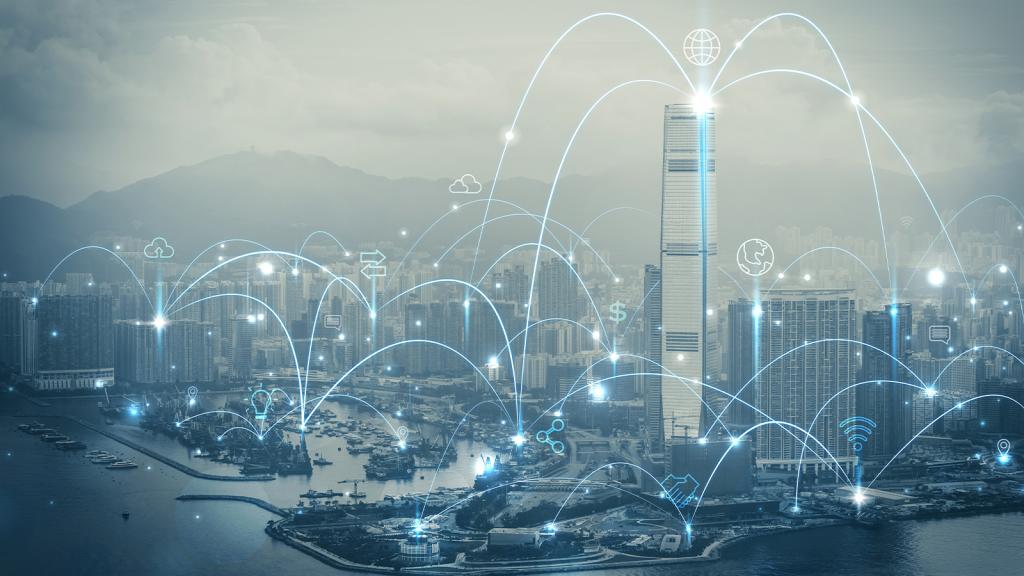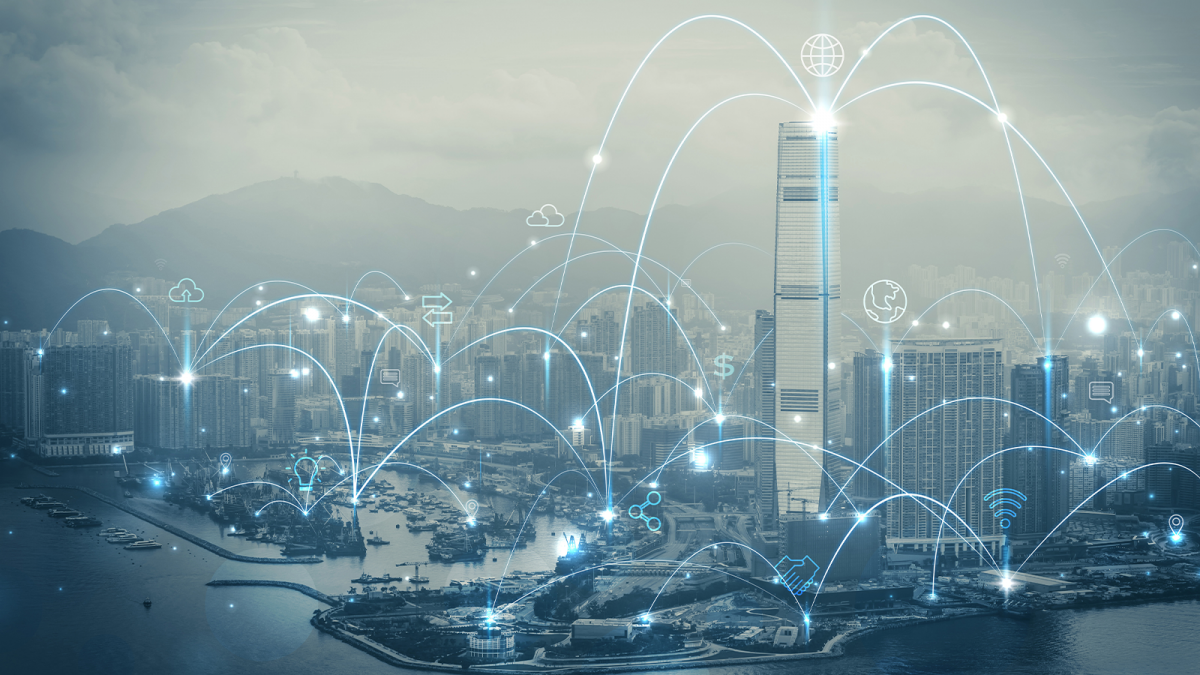With the growing population there will be an enormous and abundant need of resources so that humans can sustain their life smoothly in upcoming years. Proper resource utilization plays an important role in structuring smart cities with all the adequate resources in hands. IoT has emerged as an ultimate resource in the smart cities revolution, without human involvement. Billion trillions devices are interconnected to collect and identify huge volumes of data and can be managed by cloud computing processing, management and storage will include security risks as well. In order to manage the sudden urge of supportive resources of a growing population, rising technology comes into picture. IoT evolution studies have presented an analytical network process which works on complexity with alternatives for smart city evaluation.
Parameters to be addressed for Smart City :
- Wireless Connectivity
- Security
- Open Data
- Monitoring Control

By 2050 , the population will increase by 2.5 billion and in the coming years the cities will be occupied by 68% of population, which gives a challenging issue to be resolved by implementing the modern digital transformations, innovations and inventions by opting sustainability principles and management of urban areas development. Sadhukan, Sabrina has proposed a framework based on structural relationship based access control managed by blockchain and provide smart control to the internal users of organizations. Service platforms and architecture help in analyzing applications associated with case study of smart cities in collecting generic data and roadmaps of directions to get advanced cities by mapping access control.
Disciplines where IoT can be Implemented :
Smart Cities Innovation Center is used to quantify data flow and to detect sensors through 5G networks connected through WiFi & smartphones. IoT can be implemented to multidisciplinary sectors to obtain the following Innovations :
- Smart Healthcare Sector
- Smart Homes
- Smart Surveillance
- Smart Environment
- Smart Transportation
- Smart Agriculture
Smart City is an infrastructure framework which provides sustainable development practices by implementing wireless cloud technologies like smartphones, connected cars, traffic lights, street lightning, and smart garbage to improve quality of life. Many countries are determined to set goals in managing sustainable development. Ecosystem can be improved by taking following into consideration :
- Managing proper trash collection
- Energy distribution
- Mobility
- Optimizing infrastructure
- Lower the traffic congestion.
Low Power Wide Area Network (LPWAN) technologies are best suited for smart cities while others can include LoRa, LTE Cat M, Bluetooth, NB-IoT and 5G Technology will lead this innovation of smart city to a greater height.
Advantages of IoT :
- IoT can be used for creative and innovative management which results in controlling and monitoring information through various applications of cloud data management and storage.
- With IoT some activities can be monitored and managed which were not feasible previously by any means.
- Cost effectiveness is the third advantage and can be reduced and optimized
- It can be used for tracking large numbers of daily tasks with the help of smart devices.
- It enhances the options for consumers to use diagnostics and smart devices efficiently
